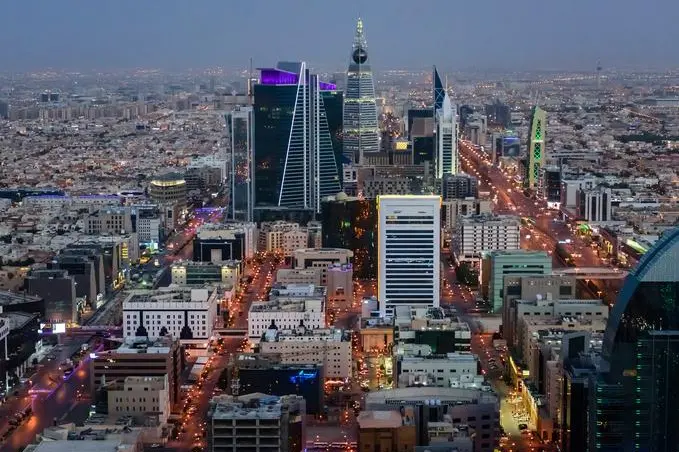PHOTO
The impact of the coronavirus pandemic on oil demand and prices has increased gross funding requirements for sovereigns across the GCC, which will be partly funded by drawing down sovereign wealth fund (SWF) assets, Moody's Investors Service said in a new report.
The stock of SWF assets in Qatar and Abu Dhabi remains more than ample to cover decades of fiscal deficits at current levels. However, for Oman and Saudi Arabia, which possess a more modest stock of SWF assets, significant drawdowns will lead to substantial erosion of their SWF buffers over the medium term, reducing the uplift to fiscal strength derived from these assets, and increasing external vulnerability risks in Oman, it said.
Moody’s said it expects oil prices to remain below their pre-coronavirus path, due to long-lasting reductions in oil demand in sectors like aviation. Markedly lower hydrocarbon revenues will translate into persistently higher budget deficits--despite some adjustments to expenditure and non-oil revenue measures--leading to higher financing requirements.
In Kuwait, very large fiscal deficits have largely depleted the liquid portion of the smaller General Reserve Fund, increasing liquidity risks in the absence of a debt law despite the large stock of assets held in the Future Generations Fund, which are currently ringfenced from the general budget, Moody’s said.
"While the recovery in equity market valuations last year reversed the paper losses facing GCC SWFs, lower oil prices will keep transfers flowing out of most SWFs on a net basis," said Thaddeus Best, an analyst at Moody's and the report's co-author.
Abu Dhabi's assets in Abu Dhabi Investment Authority (ADIA), Saudi Arabia's deposits at the Saudi Arabia Monetary Authority (SAMA) and its liquid assets in the Public Investment Fund of Saudi Arabia (PIF), and Oman's State General Reserve Fund and Petroleum Reserve Fund assets can be used to for general budgetary purposes. “We expect that the authorities will draw down income and assets from these holdings to varying extents to meet their funding needs,” the report said.
Reserve adequacy remains more than ample to support most GCC currency pegs. However, in Oman's case, large twin deficits will lead to a decline in both international reserves and SWF assets, increasing external vulnerability risks over the medium-term, according to the report.
Gulf oil producers have been hit hard by the drop in crude oil prices as COVID-19 pandemic caused slowdowns in economic activity and pared international travel. Although the benchmark Brent crude rose over $60 last week, the first in a year, any further restrictions in business activity could drag it lower.
(Writing by Brinda Darasha; editing by Daniel Luiz)
Disclaimer: This article is provided for informational purposes only. The content does not provide tax, legal or investment advice or opinion regarding the suitability, value or profitability of any particular security, portfolio or investment strategy. Read our full disclaimer policy here.
© ZAWYA 2021





















